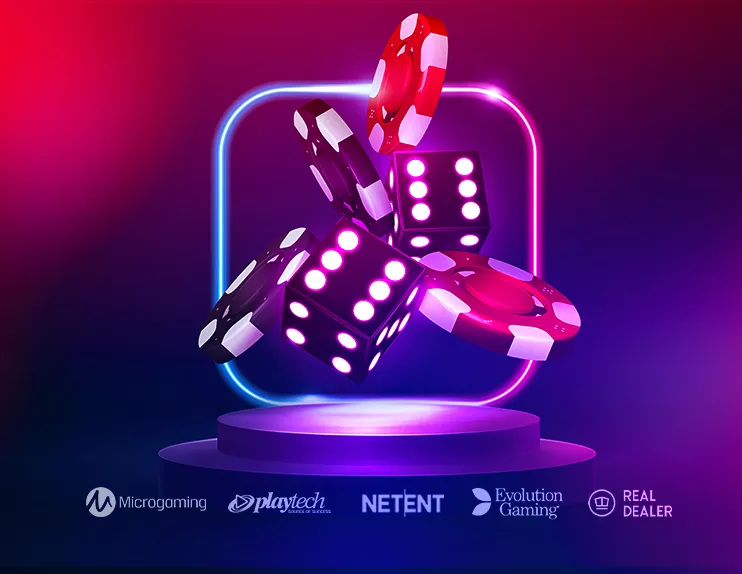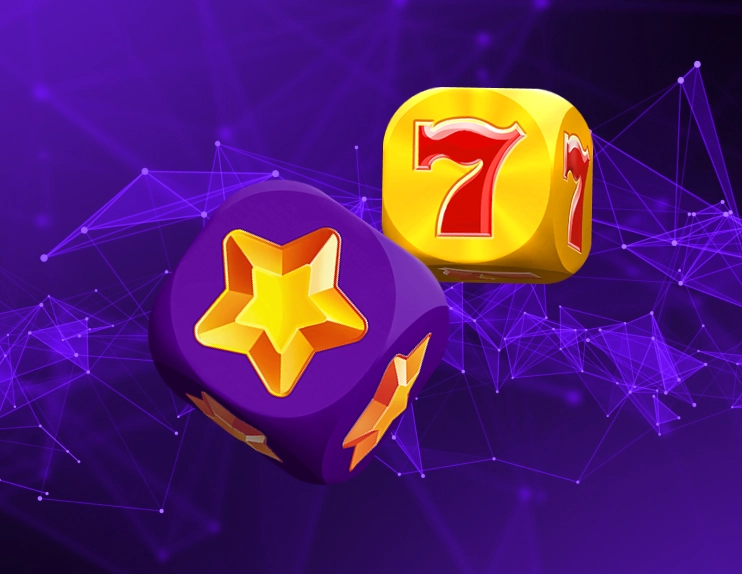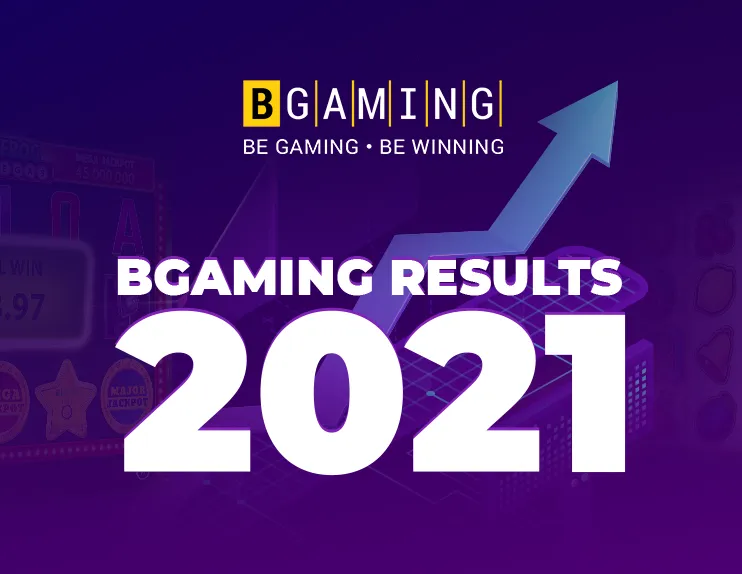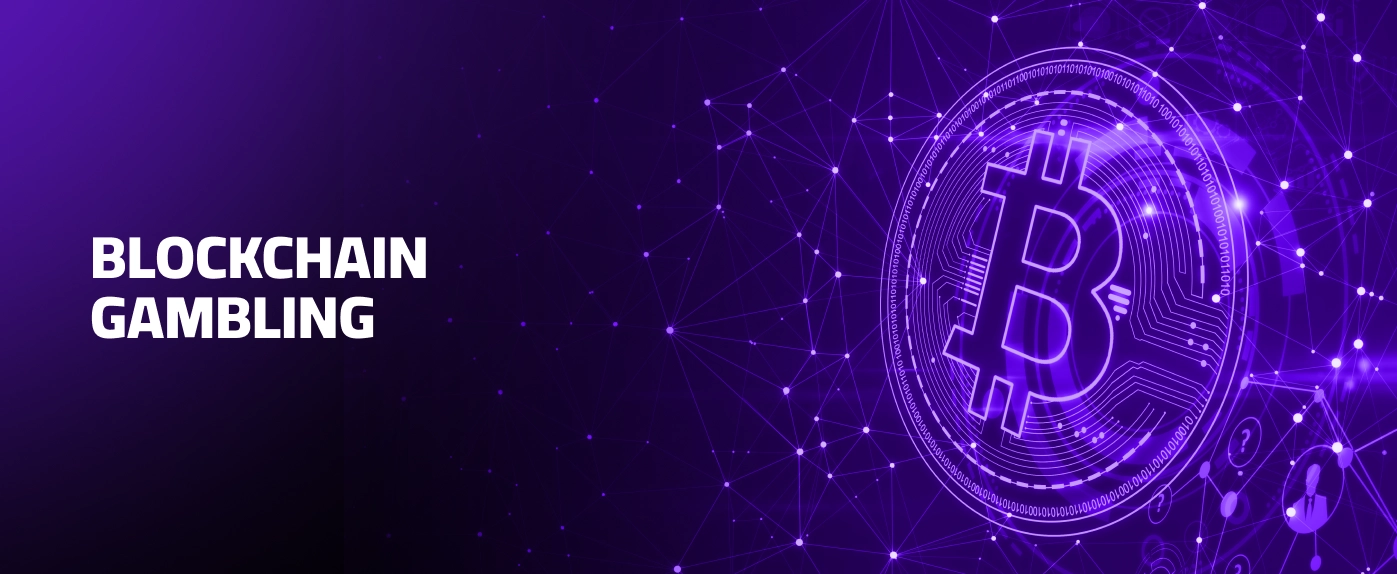
A guide to blockchain gambling: technology, benefits, and future trends
The integration of blockchain technology into the online gambling industry is changing how platforms operate and how players engage. From transparent transactions to verifiable fairness, blockchain brings new levels of security to digital betting. Cryptocurrencies are also playing a growing role, offering fast, borderless payments with lower fees and greater privacy. These changes are making gameplay smoother and more secure, while also paving the way for decentralized systems and games built on smart contracts. As more platforms adopt these tools, blockchain gambling is starting to reshape the iGaming business, influencing how casinos grow, operate, and build player trust.
Growing popularity of crypto casinos
The rise of digital currencies has made it easier than ever to start a crypto casino. These platforms appeal to a new generation of users looking for fast transactions, low fees, and more privacy. As the trend spreads, crypto-first casinos are setting new standards in speed, transparency, and user control.
What is a blockchain casino?
A blockchain casino is an online gambling platform that runs on decentralized technology and supports cryptocurrencies like BTC, ETH, and LTC. Unlike traditional casinos that rely on fiat currency and centralized systems, blockchain casinos process bets, payouts, and game logic using distributed ledgers or smart contracts. This not only speeds up transactions, but also allows for greater transparency and gambling security.
The core difference lies in how funds and gameplay data are handled. In fiat-based casinos, transactions are routed through banks or payment processors, often with delays, fees, or geographical restrictions. In contrast, blockchain casinos enable peer-to-peer transfers and instant settlements, often without intermediaries. Players can deposit, play, and withdraw using crypto wallets, reducing reliance on traditional financial systems.
There are two main types of crypto casinos:
- Pure blockchain casinos, where every feature runs on-chain and only crypto is accepted.
- Hybrid platforms, which combine traditional features with blockchain support, allowing users to gamble with both fiat and crypto.
One of the main appeals of these platforms is their borderless nature. Since blockchain networks aren’t tied to a specific country or regulatory body, users from different regions can access services without facing common restrictions seen in fiat-based gambling. This global accessibility has helped crypto casinos grow rapidly in popularity, especially in regions with limited access to conventional banking.
The lower entry barrier is another factor. Players don’t always need to go through complex verification steps to start playing — they can simply connect a wallet and begin. This optimized onboarding process, combined with provably fair games and improved privacy, continues to attract both crypto enthusiasts and newcomers alike.
What are the benefits of blockchain gambling
Players are turning to blockchain casino sites because they offer faster withdrawals, lower fees, and more control over personal data. These blockchain-based platforms are changing how people think about online gambling — especially in regions where access is limited.
Speed is one of the biggest advantages. With crypto wallets, you often get your winnings within minutes. There is no need to wait days for a bank transfer. On top of that, fees are usually lower because there is no third party handling the payment.
Privacy also plays a big role. Many decentralized gaming platforms don’t ask for full ID verification, letting you play straight from your wallet. With fewer identity checks, getting started is easier, quicker, and much safer.
Another benefit is access. Since these platforms don’t rely on traditional banking or local licensing, players in restricted regions can still join.
Here is a quick comparison of how casino payment methods and access work across different platforms:
| Aspect | Blockchain casinos | Traditional online casinos |
|---|---|---|
| Withdrawals | Usually instant or within minutes | Can take up to several days to process |
| Fees | Low or no transaction fees | Bank and processing fees may apply |
| Privacy | Users play via crypto wallets, minimal data shared | Personal details and documents required |
| Access | Often accessible regardless of location | May be geo-blocked due to licensing restrictions |
| Control | Funds are stored in personal wallets, not held by the casino | All funds are stored in casino accounts, less user control |
| Account setup | Quick setup via wallet connection, no KYC in some cases | Requires full registration and ID verification |
Blockchain in the casino industry
Decentralized technology is changing how the casino industry manages data, payments, and trust. By replacing centralized systems with secure digital records, operators can offer faster transactions, lower fees, and transparent gameplay. This shift is not just about speed or security — it’s about creating a more open, fair, and accountable gambling environment that players can rely on.
How provably fair gaming works
One of the most important features of blockchain-based casinos is provably fair gaming. This system uses cryptographic algorithms to prove that each online game result is generated fairly and hasn’t been altered. Before a round begins, a hashed outcome is created and shared with the player. Once the game ends, the original result and its hash are revealed, allowing online gamblers to verify the fairness themselves.
Unlike traditional platforms, where results are hidden behind closed systems, blockchain casinos store every outcome on the blockchain, creating a reliable record that operators or third parties can’t change.
Provably fair gaming isn’t just a technical upgrade — it is a step toward open gambling environments where users can see and verify what is happening behind the scenes. As trust becomes a top priority, this feature is helping set new standards for fairness in online betting.
Automating fairness with smart contracts
In blockchain casinos, smart contracts play a key role in automating bets, payouts, and game logic without human interference. These self-executing codes run on the blockchain technology and trigger specific actions once specific conditions are met. That means no delays, no black-box algorithms hiding how outcomes are generated, and no need to rely on the operator’s word — everything is predefined and verifiable.
For example, in peer-to-peer betting, a smart contract mechanism locks each player’s stake and automatically sends the winnings to the correct party once the result is confirmed from a trusted public source. In decentralized lottery pools, smart contracts collect entries, pick winners using randomized scripts, and handle payouts instantly — all without requiring third-party verification.
By removing manual intervention, smart contracts reduce the risk of error or manipulation. More importantly, they build player confidence by offering transparent processes anyone can audit. As more platforms adopt these tools, automated systems are becoming the foundation of trust and fairness in blockchain gambling.
Faster payments and lower fees
The core advantage of blockchain gambling is how quickly crypto transactions are processed compared to traditional casino payment methods. Instead of waiting several business days, online gamblers often receive their payouts within minutes, and usually with lower fees.
However, a key concern is market volatility. The value of digital currencies can change sharply, even during gameplay. To address this, many platforms support stablecoin-basedpayment solutions, which use coins linked to fiat currencies like the US dollar. These help reduce risk and offer more predictable payments.
Faster payouts and reduced fees make crypto-based platforms more appealing, especially in regions where banking is limited or slow. Add to that the growing support for stablecoins, and blockchain casinos are offering a smoother, more predictable payment experience that fits the pace of modern online gambling.
Balancing security and privacy
Blockchain casinos offer a new approach to data protection by reducing the need for intermediaries. Transactions are recorded on a decentralized network, where encryption keeps sensitive information safe from unauthorized access. Instead of creating accounts tied to personal details, users can play directly through crypto wallets,
limiting the amount of data shared with operators.
This shift also changes how platforms handle Know Your Customer (KYC) and anti-moneylaundering (AML)checks. While many casinos still apply these controls to meet compliance standards, some platforms use lighter-touch models that focus on transactional analysis rather than full identity disclosure. This protects user privacy while still promoting responsible gaming policies.
Because blockchain systems don’t rely on a central authority, they also lower the risk of data breaches. Fewer stored records mean fewer points of vulnerability, making it harder for hackers to gain access. As a result, users benefit from stronger security without giving up their anonymity.
Why more players are choosing blockchain casinos
More players are turning to blockchain casinos for fast withdrawals, greater privacy, and fairer gameplay.
Instead of filling out long forms, they can connect a crypto wallet and start playing within seconds. With all results and payments recorded on a public ledger, there is no need to guess whether the system is fair — it is all visible.
Even though only around 23% of game providers currently offer blockchain-based elements, user demand is rising. Trust-focused blockchain slots and platforms experimenting with NFT gambling or digital collectibles are leading this shift.
Much of the appeal comes down to control. These platforms move away from central authority, giving online gamblers more say in how they play, pay, and verify results. As crypto tools become easier to use, more players are moving toward casinos that match their expectations for speed, fairness, and privacy.
Latest trends in blockchain gambling
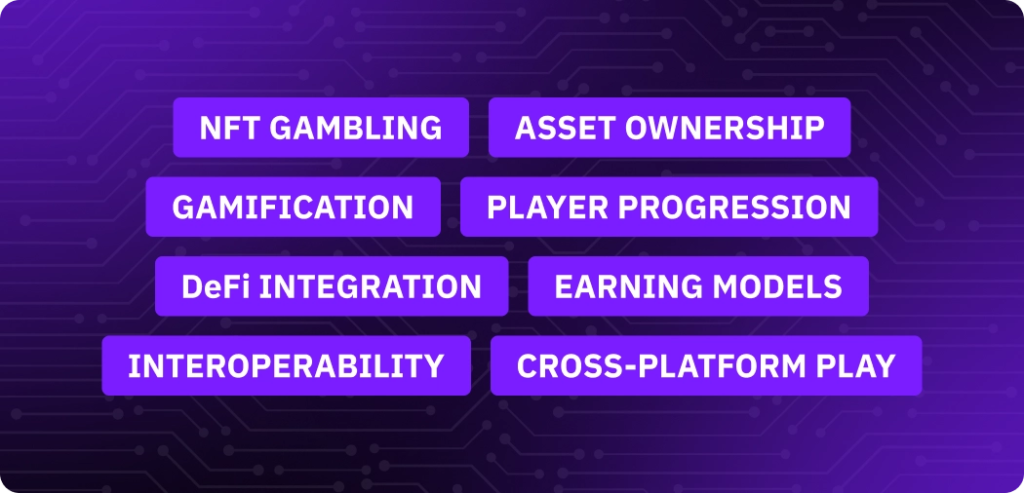
Blockchain gambling is quickly moving past basic betting mechanics and turning into something much more immersive. Today’s next-gen gambling games combine elements from DeFi, NFTs, and advanced cryptographic techniques to deliver layered ecosystems where players can not only place bets, but also earn, trade, and take ownership of in-game assets. These aren’t just casinos — they are gambling blockchain projects built around players and decentralized gaming infrastructure.
NFT gambling and asset ownership
One of the most noticeable shifts in blockchain gambling is how NFTs are being used to represent items, characters, or even exclusive player benefits. Instead of just spinning reels for basic wins, users can collect NFT-based rewards that hold real value. Blockchain slots are leading this iGaming trend by integrating digital collectibles into gameplay, allowing players to win assets that go beyond standard payouts. These digital assets are stored in crypto wallets and can often be traded, staked, or carried into other platforms. In some titles, owning specific NFTs may even improve odds or unlock entry into premium events.
Much like what’s being developed in metaverse casinos, this kind of digital ownership encourages more than just repeated play. It gives players a reason to stay invested — not only for immediate returns, but also to grow a personal collection that could gain value
over time.
Gamification and player progression
Casino gamification is a major trend. Blockchain gambling platforms are adopting level-based systems, achievement tracking, and interactive missions that resemble mobile games more than traditional casinos. Instead of jumping between random slots, users follow progression paths, unlock badges, and compete in time-limited events.
These systems keep players coming back — not just for the wins, but for the progress. Combined with a decentralized database that logs all actions transparently, this approach builds trust and gives users more reasons to stay active. Some platforms even let players vote on new game features or event formats using governance tokens.
DeFi integration and earning models
Decentralized finance is also playing a big role in next-gen gambling. Many blockchain casinos now offer DeFi-based earning models, letting players stake their crypto or provide liquidity to game-specific pools. In return, users earn passive income — often through interest, platform tokens, or a share of the casino’s profit.
Instead of just spending money to try and win, players can now earn by supporting the platform.
In some cases, DeFi and NFTs are also combined. For example, players might stake an NFT to unlock bonus rewards, multiplier boosts, or a spot in exclusive tournaments. These hybrid mechanics are making gambling feel more like investing, where strategy and timing matter as much as luck.
Interoperability and cross-platform play
Another innovation is cross-platform interoperability. Blockchain casinos are no longer limited to their own ecosystem. Using standardized protocols and decentralized databases, players can take assets from one casino and use them in another — regardless if it is an NFT-based item, a loyalty token, or earned rewards.
This flexibility appeals to modern online gamblers who expect seamless integration and asset portability. It also helps reduce user fatigue, as progress made on one platform doesn’t have to reset elsewhere.
Key takeaways
Blockchain gambling is growing fast as more players look for quicker payouts, more privacy, and greater control. From better transparency to new earning models, users are driving the shift toward decentralized platforms.
- Blockchain casinos offer faster payments, lower fees, and stronger privacy compared to traditional sites.
- Game fairness can be verified in real time, helping build player trust.
- Blockchain slots and NFT-based rewards turn gameplay into long-term asset building.
- DeFi tools allow users to earn from staking or liquidity, not just betting.
- Smart contracts reduce human interference and create fully automated gambling flows.
- Even though only a small share of game providers currently support blockchain, user interest is growing fast.
- Gamification adds new layers of engagement beyond simple betting.
As a forward-thinking game provider, BGaming is ready to support gambling operators exploring the blockchain space — with tools, content, and API casino solutions built for the next stage of digital betting.
FAQ
How does blockchain work in online casinos?
Blockchain for gambling refers to the use of decentralized networks to handle game logic, payments, and player data. This technology facilitates greater transparency, quicker transactions, and less reliance on intermediaries, giving users more control over their experience in blockchain casinos.
Why are more players choosing blockchain gambling?
Blockchain gambling offers faster payouts, improved privacy, and fairer systems through transparent game mechanics. Players can use crypto wallets instead of creating accounts, and features like provably fair results, NFT rewards, and DeFi earning tools (e.g., staking).
What’s the mechanism behind blockchain casino games?
Blockchain casino games run on smart contracts, which automatically execute bets and payouts based on pre-set rules. Outcomes are logged on a public ledger, allowing users to verify fairness. This removes the need for a central operator and makes gameplay more secure and efficient.
Is It Legal to Use Crypto Casinos?
The legality of crypto casinos depends on your local laws and regulations. In some countries, they are fully permitted and licensed, while in others they may be restricted or operate in a legal gray area. These platforms may follow different licensing frameworks, depending on their location and operating model.
How Is Blockchain Transforming Online Gambling?
The latest trends in blockchain gambling include NFT-based rewards, cross-platform gameplay, and DeFi earning tools. These features move gambling away from centralized systems and into interactive ecosystems where players can own assets, vote on updates, and earn by participating. As interest grows, more platforms are investing in custom blockchain casino software to meet user demand and stay competitive.
